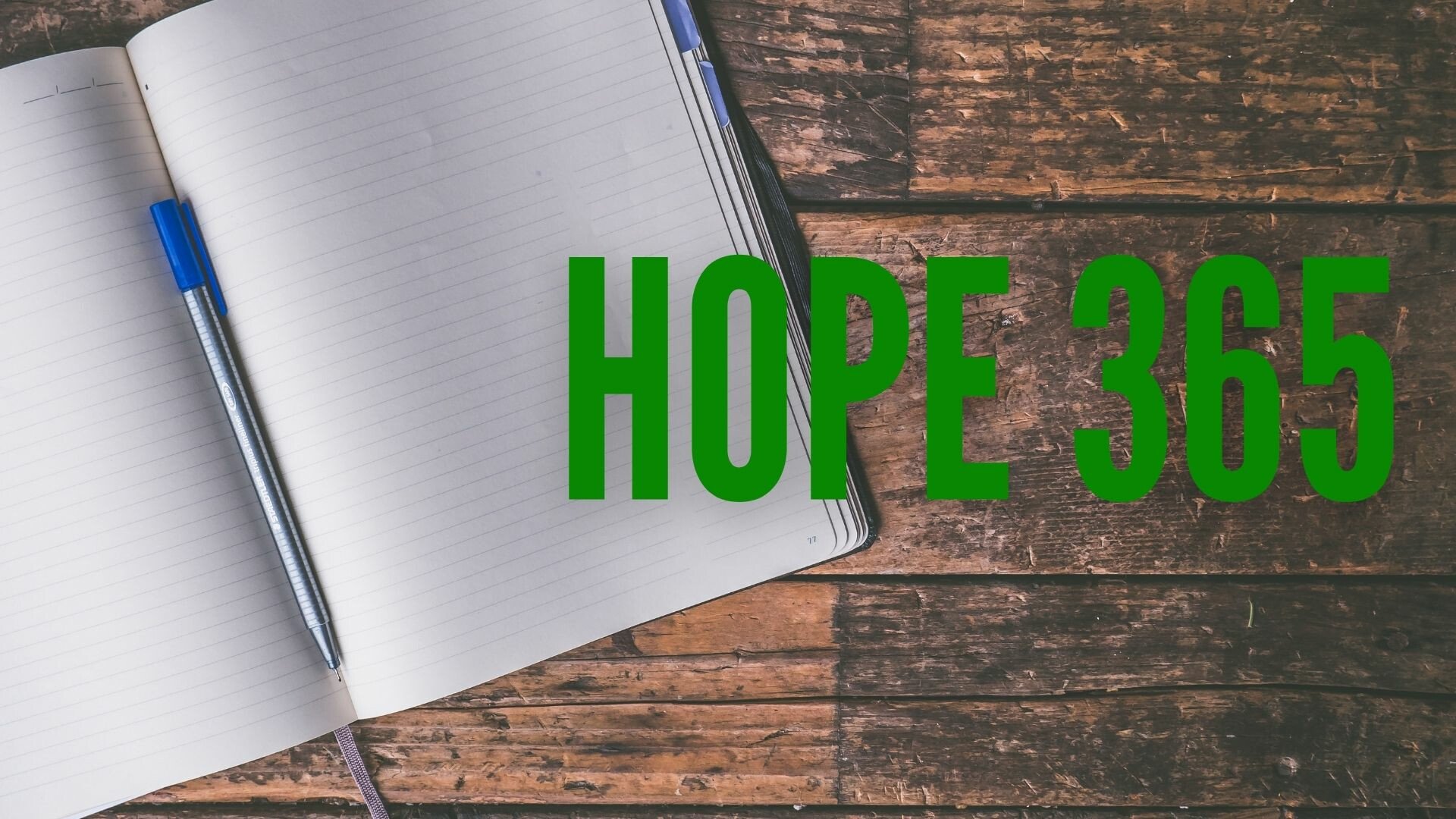Advent Devotion, Week 3

Joy to the World, the Lord is Come
By Rev. Roger Sylwester
Joy to the World should be the opening carol for Christmas Day! Unlike the invitation of O Come, All Ye Faithful to draw near to the manger and the awe of singing Silent Night, Holy Night by candlelight at the manger on Christmas Eve, Joy to the World begs to be sung with trumpets on Christmas morning, proclaiming to the world what we have just beheld and experienced!
Amazingly this carol was not written as a Christmas Carol. Nor were the words and music immediately joined together on one occasion like Silent Night. Our hymnal lists Psalm 98 as the inspiration for this carol. Here we enter the world of the hymn writer, Isaac Watts, 1674-1748. He was a member of the Dissenting Church of the Reformed Tradition, not the Church of England. Their leaders wanted all hymns to be directly from the Bible. This limited those who would write words and poetic verses for hymns mainly to the Psalms. This practice continued for over one-hundred years.
Isaac Watts studied to be a minister, learning Greek, Hebrew, Latin and French. He was ordained into the ministry in 1702. As a musician he felt the hymns were true to the Old Testament scripture but not poetically expressive. He was challenged to write hymns himself; this he did, many were still true to the Psalms and all proclaimed the Christian faith. By 1719 he had written 600 hymns, of which 15 are in our present hymnal. One of his is O God, Our Help in Ages Past. In 1719 he wrote The Psalms of David with a New Testament Emphasis. Based on Psalm 98, verses 4-9, Joy to the World is one of his hymns. The first two lines of each verse proclaims our Christian faith, the last two lines find echoes of the Psalm. For example:
From Psalm 98; vs. 7,8
Let the Sea roar, and all that fills it;
the world and those who live in it.
Let the floods clap their hands
let the hills sing together for joy
From Joy to the Word, verse 2,
While fields and floods,
rocks, hills, and plains
Repeat the sounding joy!
Joy to the World was written in a poetic form, similar to other hymns, so that a musician could write a melody to be used for those hymns with similar meter. Hymnals give credit not only to the writer of the words, but also the composer of the melody. Our hymnal lists Joy to the World this way:
Text: Isaac Watts, 1674-1748
Tune: George Frederic Handel, 1685-1759, adapt.; setting: Lowell Mason, 1792-1872
George Frederic Handel is best known for composing the Messiah. He wrote twenty-six English oratorios in all and forty-six operas. His work fills ninety-seven volumes. Did he write the melody to Joy to the World? Not exactly, say most musical historians. There is, however, a strong connection between Handel and Lowell Mason.
As a child Lowell Mason learned to play whatever instruments were available to him and at age sixteen was directing a church choir. He moved to Savannah, Georgia, where he studied harmony and composition with a German musician, F. L. Abel. The two then collaborated in compiling what was to become the first edition of The Boston Handel and Haydn Society Collection of Church Music. It ran through seventeen editions, selling over fifty thousand copies. Eight of his melodies are included in our hymnal, including When I Survey the Wondrous Cross and Blest Be the Tie that Binds.
He conducted the Society’s concerts from 1827-1832, including the “Messiah” many times. He also established music education in the public schools of Boston and trained musicians in the Boston Academy of Music. He was recognized in the United States for his outstanding work and honored with one of the first honorary doctorate degrees in 1855. His entire music library is now located at Yale University.
So how does all this come together in Joy to the World? In Handel’s Messiah the chorus “Glory to God in the Highest” begins with four notes. When you sing the first four words to Joy to the World, you are singing the same four notes of Glory to God from this chorus of the Messiah. This is the first connection! When you sing “And heav’n and nature sing”, you are singing the opening notes from the movement Comfort Ye My People, also from Handel’s Messiah. Lowell Mason composed the melody to Joy to the World around these two short melodies, published it in 1836 in Occasional Psalms and the world has sung this carol to his melody ever since.
This Christmas morning may you sing forth “Joy to the World, the Lord is Come!”
For an amazing presentation of this hymn search "Joy to the World - George Fox" on YouTube or click the photo.
Performed by George Fox University Newberg, Oregon


Comments
Login/Register to leave a comment